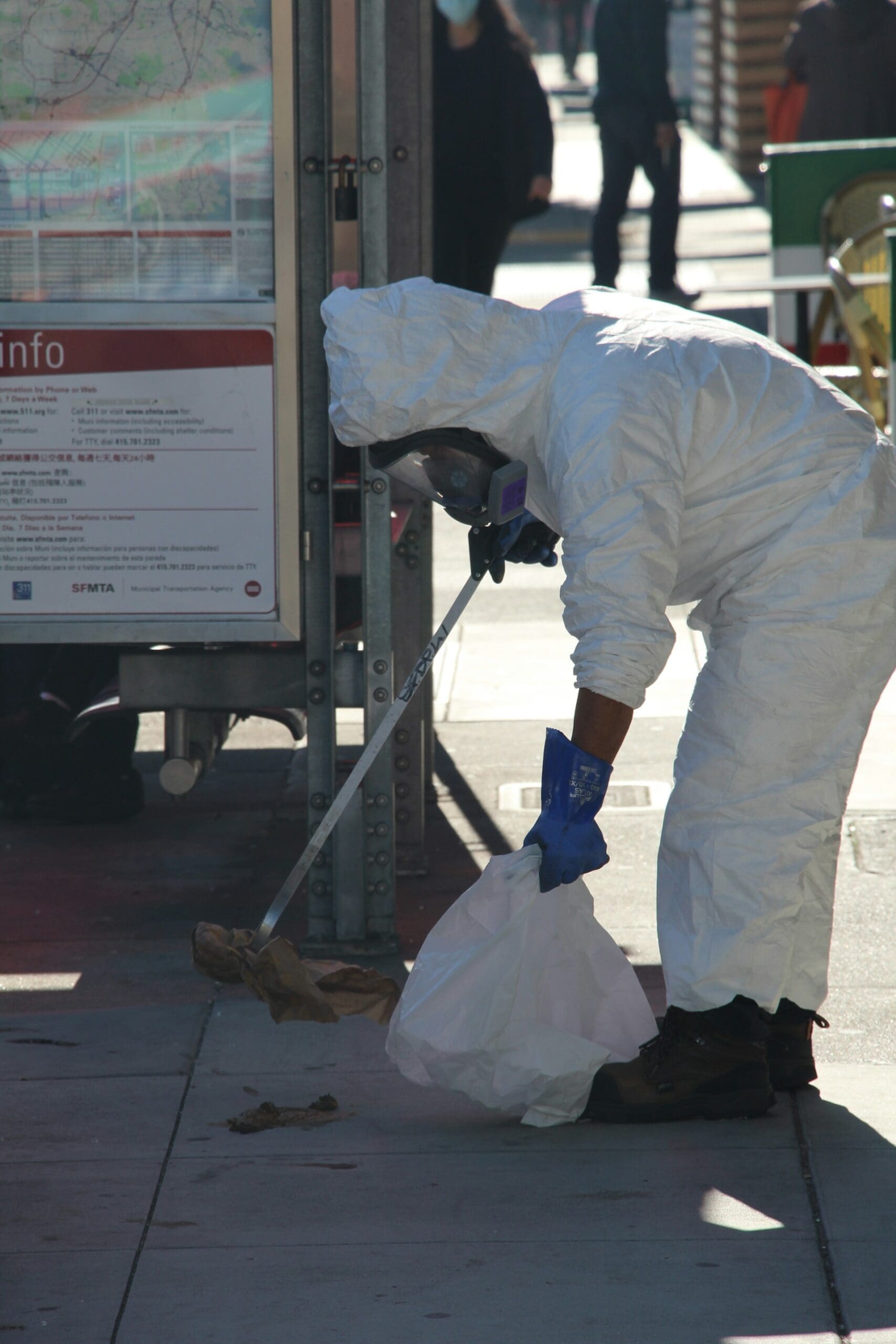Introduction
Water damage can be a severe blow to any homeowner or business. Whether it’s caused by a natural disaster, a faulty appliance, or a leaking pipe, the aftermath can be devastating. Thankfully, Long Island is home to a variety of resources that can assist in water damage restoration. This comprehensive guide will walk you through the top resources available, from professional restoration services to do-it-yourself (DIY) recommendations, and resources on prevention.
Professional Restoration Services
One of the first resources to consider after experiencing water damage is professional restoration services. These are companies that specialize in the mitigation of water damage, providing comprehensive solutions that include water extraction, drying, dehumidification, cleaning, and restoration. Upper Restoration always provides an assessment of the damage as our first step in the restoration process, helping you understand the extent of the situation, and decide how to take action.
Referral Services
In an age where digital platforms reign supreme, many online referral services can help you locate reputable restoration services in your vicinity. These platforms aggregate ratings and reviews from past customers, providing a user-friendly interface to help you make an informed decision. By comparing multiple services, you can ensure you’re choosing a provider that offers high-quality service and excellent customer satisfaction.
Insurance Companies
Insurance companies often play a crucial role in the water damage restoration process. Your insurance provider may offer restoration services directly or have a network of preferred providers they can recommend. It’s essential to contact your insurer as soon as possible after discovering water damage to understand your coverage and get the necessary recommendations. They can also guide you on the documentation needed for insurance claims.
DIY Solutions
We always recommend that you contact professional companies for a full assessment, and if they suggest that the damage is minimal, you may be able to handle the repair yourself. If you choose to do so, there are numerous online guides that provide step-by-step instructions on dealing with simple types of water damage.
Home Improvement Websites
Several home improvement websites offer extensive guides on how to manage water damage. These guides encompass a wide range of topics, from identifying the source of the water damage to making the necessary repairs. They also provide tips on materials to use, safety precautions, and when to call in a professional.
Online Videos
For those who prefer visual learning, numerous online videos provide a more hands-on guide to dealing with water damage. These videos can be especially useful as they often show real-life examples and demonstrations, which can make the restoration process less daunting.
Prevention Resources
While dealing with water damage is important, preventing it from occurring in the first place is always preferable. There are several resources available designed to help you understand how to prevent water damage in your home or business.
Government Websites
Government websites often provide a wealth of resources on how to prevent water damage. These guides cover a variety of topics, such as proper home maintenance, how to prepare for natural disasters, and what to do in the event of a flood. They also provide advice on building codes and regulations to ensure your property is adequately protected.
Professional Consultations
Many professional restoration services offer consultations that can help you understand how to prevent water damage. These consultations can be particularly beneficial if you’ve recently experienced water damage and want to prevent a recurrence. They often include a thorough inspection of your property and personalized advice on areas of concern.
Conclusion
Experiencing water damage can be stressful and overwhelming. However, with the variety of resources available in Long Island, you’re never alone in the restoration process. Whether you choose to hire a professional service or handle the restoration yourself, the important thing is to act quickly to prevent further damage. Remember, prevention is always better than cure, so utilizing preventive resources can save you from potential damage in the future.




